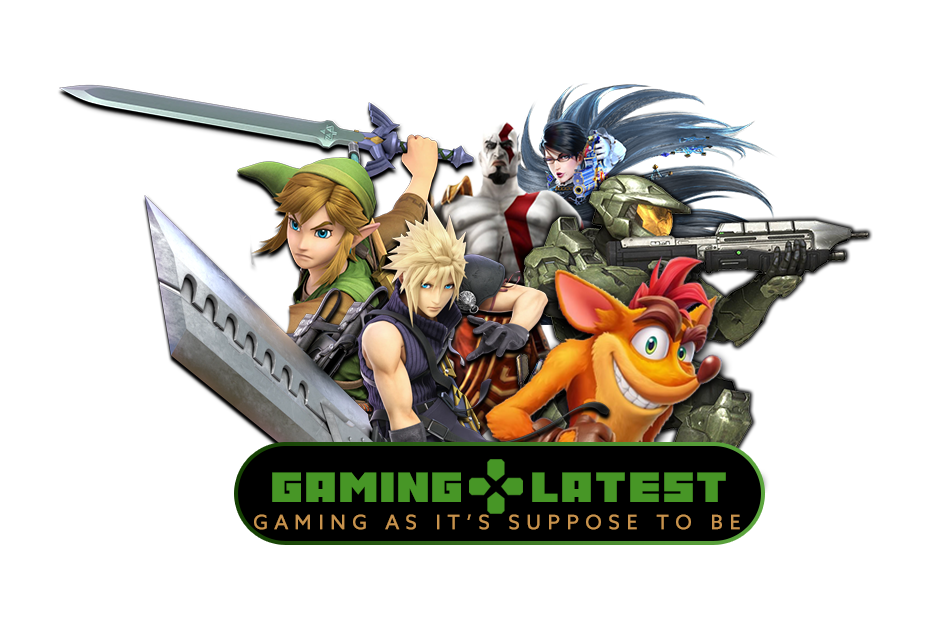Dev interview from Gematsu:
Now that you’re not working at ATLUS anymore, does that mean you could work with other companies?
Shoji Meguro: “I have a good relationship with ATLUS, so I don’t think I’ll work with other companies for a while. That’s not to say I cant do a collaboration on a song or two with other people, but in terms of doing a full soundtrack, I would only do that with ATLUS right now. But that’s also no promise that I’ll be the composer for future Persona games.”
How has your original concept for Guns Undarkness that you came up with in 2005 changed until now?
Meguro: “It changed almost entirely. All that stayed the same was that I knew I wanted to make a JRPG with guns in a science-fiction setting.”
The story outline mentions there was divide between the rich and poor. Does this game have a political message?
Meguro: “No, I don’t like to think about politics, so it’s not focused on any political topics. In this world the divide of rich and poor lead to a war where the world is destroyed and we have to see what humanity does after such a big reset.”
Silly question, but in choosing the year 2045 for the setting, was that year chosen at random or is there a particular reason?
Meguro: “I try to look at the real world timeline of events and technology development and come up with a conclusion that, in such and such year technology might be at a certain point. So when I laid all that out I came up with 2045.”
In screenshots and videos, the main character’s name is simply “Protagonist.” Does this imply you can name the character?
Meguro: “Ah yes, the player will decide his name. This is a bit of a spoiler, but there’s a scene where Will says something like ‘Hey, register your name.'”
Characters are also often shown with a particular weapon. Is everyone limited to one type of weapon, such as Naomi with pistols, or can you change them?
Meguro: “That’s a good question. For the protagonist, you can choose any weapon you want, while side characters specialize in one weapon type, like pistols with Naomi, but they also have a secondary weapon you can choose for them.”
Can you talk a bit about the stealth system?
Meguro: “You don’t avoid encounters outright like in some games. Instead you try to sneak up on an enemy and hide your characters around cover to try to get the best positioning for a sneak attack.”
“When aiming at enemies, a percentage of accuracy can be seen. The longer you set your sights on an enemy the more your accuracy will go up, which leads to more damage when starting the battle in addition to not missing. It’s a risk, however. The longer you hold the higher the accuracy goes up, but the chance the enemy may turn around and spot you also goes up. So you’ll be in a situation where you’re aiming and thinking ‘come on, just a little more to 100 percent… please don’t turn around.'”
That sounds a bit like XCOM.
Meguro: “Oh, I love XCOM. He (points to Yuki Katayama, Kodansha) showed me it saying ‘Hey, try this game!’ and I got so hooked on it that I fell behind on my work (laughs).”
I see there is a relationship system. Is it similar to Persona? What are the benefits of developing your relationships?
Meguro: “Yes, it’s very similar to Persona. You can talk with your teammates to raise your relationship with them which leads to unlocking team combination attacks in battle.”
Now that you’re developing a whole game rather than just music, you have to consider many things like modeling, animation, level design, and so on. What’s been the most fun and most challenging?
Meguro: “It’s all very difficult. (Laughs.) It’s hard to choose one thing because I get tired of things quickly. I’ll do one thing for a month or two, and then get tired of it and do a different thing for a month or two until I get tired of it and so on.”
When making music for games, are they made knowing its for a specific level or scene, or do you just make a bunch of tracks and apply them later?
Meguro: “80 percent of time I make a track for a specific scene or level, and about 20 percent are songs that I made and get placed after the fact.”
For video game music, do you have to consider anything game-related like matching the beat to the speed of the character or timing a chorus when some event occurs?
Meguro: “Of course we consider the speed of the track, making sure the song from one scene to the next isn’t too jarring or different—there’s many components involved. Timing isn’t really something I consider, I just make a different track for a different scene.”
Before we let you go, is there anything you’d like to say to the fans?
Meguro: “We’re really excited to meet our goals and make the game for everyone. Seeing everyone’s enthusiasm has given us 120 percent energy to work even harder. I hope fans look forward to the music, and also support us in making our first game. As a designer I’m just like a first-grader with no experience. I will keep working hard to improve the game. To those who funded us on Kickstarter as well as those who didn’t, we thank you for your support. Please look forward to it.”


